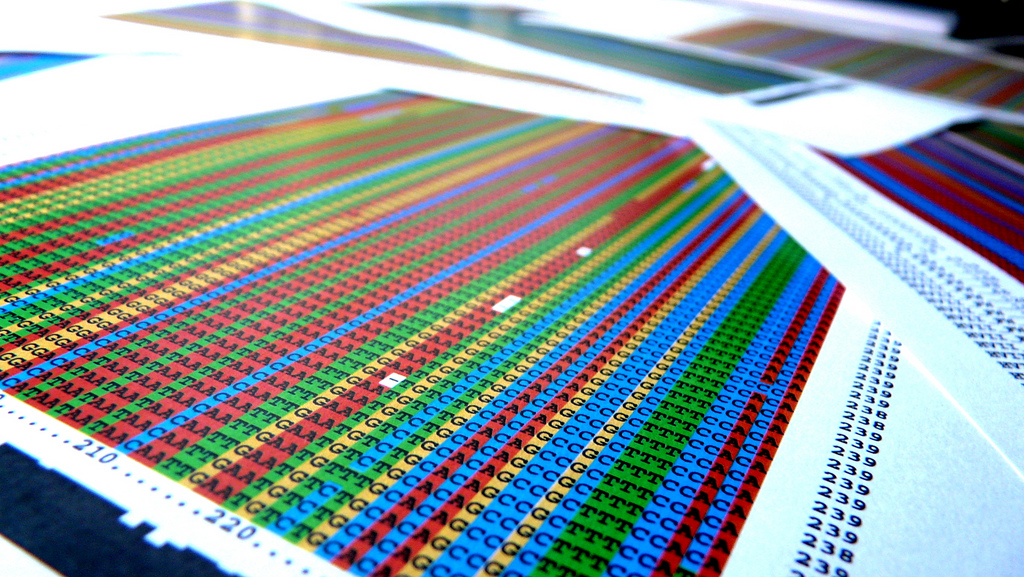On Gene Editing, Disease, and Disability
This article has a set of discussion questions tailored for classroom use. Click here to download them. To see a full list of articles with discussion questions and other resources, visit our “Educational Resources” page.
On November 29, 2018, MIT Tech Review reported that at Harvard University’s Stem Cell Institute, “IVF doctor and scientist Werner Neuhausser says he plans to begin using CRISPR, the gene-editing tool, to change the DNA code inside sperm cells.” This is the first stage towards gene editing embryos, which is itself a controversial goal, given the debates that rose in response to scientists in China making edits at more advanced stages in fetal development.
Frequently the concern over editing human genes involves issues of justice, such as developing the unchecked power to produce humanity that would exist solely to service some population – for example, organ farming. The moral standing of clones and worries over the dignity of humanity when such power is developed get worked over whenever a new advancement in gene editing is announced.
The response, or the less controversial use of our growing control over genetic offspring, is the potential to cure diseases and improve the quality of life for a number of people. However, this use of genetic intervention may not be as morally unambiguous as it seems at first glance.
Since advanced testing was developed, the debate about the moral status of selective abortion has been fraught. Setting aside the ethics of abortion itself, would choosing to bring a child into the world that does not have a particular illness, syndrome, or condition rather than one that did be an ethical thing for a parent to do? Ethicists are divided.
Some are concerned with the expressive power of such a decision – does making this selection express prejudice against those with the condition or a judgment about the quality of the life that individuals living with the condition experience?
Others are concerned with the practical implications of many people making selections for children without some conditions. It is impractical to imagine that widespread use of such selection would completely eradicate the conditions, and therefore one worry could be that the individuals with conditions in the hypothetical society where widespread selection takes place will be further stigmatized, invisible, or have fewer resources. Also, the prejudice against conditions that involve disability might lead to selections that result in lack of diversity in the human population based on misunderstandings of quality of life.
Of course, on the other side of these discussions is the intuitive preference or obligation for parents or those in charge of raising people in society to promote health and well-being. Medicine is traditionally thought to aim at treating and preventing conditions that deviate from health and wellness; both are complex concepts, to be sure, but preventing disease or creating a society that suffers less from disease seems to fall within the domain of appropriate medical intervention.
How does this advancement in gene editing relate to the debate in selective birth? The Harvard example seeks to prevent Alzheimer’s disease, taking sperm and intervening to prevent disease. Lack of human diversity, pernicious ablest expressive power, and negative impact on those that suffer from the disease are the main concerns with intervening for the purported sake of health.





